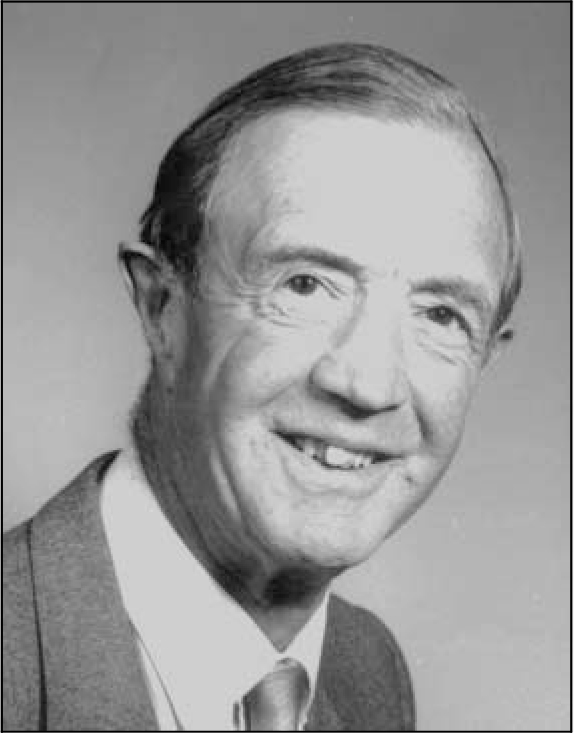Michael Pare, as he was invariably known, died on 3 July 2002. Clinical psychiatry and research are both greatly the less for his passing.

Born October 1925 in Bolton, he lived in Oswaldtwistle in Lancashire where his father practised as a GP. After education at Marlborough College he read medicine at Cambridge, transferring to the Middlesex Hospital for clinical training. He qualified in 1948 and had intended to become a GP, like his father, but, after 3 years of general medical training, during which he completed his MRCP, and 2 years of National Service, he joined the Maudsley Hospital in 1954. Successfully combining clinical training and research he completed an MD in 1956 and the University of London DPM in 1957. But after 2 further years at the Maudsley he decided that his future should be with the NHS rather than in full time research. Professor Sir Aubrey Lewis tried hard to persuade young psychiatrists who were interested in research to stay at the Maudsley and badly wanted Michael to do so as a research worker with an honorary clinical position; he believed that a move from the Institute to an undergraduate teaching hospital was not conductive to further productive research work. Michael, on the other hand, rightly believed that a consultant post would provide him with enormous opportunities, not only to do good clinical work but also to continue his research; a belief that his 50+ papers (80% published after his move to St Bartholomew's) show to have been justified. Stories abound of Sir Aubrey's strongly persuasive methods to keep people at the Maudsley. One is that he berated Michael for ‘having no ambition’ when told he wanted to apply for a consultant post at St Bartholomew's. However, this clearly did not prevent him from strongly supporting Michael's application, and when Sir Aubrey heard that Michael had been appointed to St Bartholomew's, he said ‘now we shall always see you wearing pin-striped trousers’, the supposed sartorial style of St Bartholomew's consultants, especially of those who also did part-time private practice. (Private practice was another of Sir Aubrey's bêtes noires from which Michael successfully broke free.) After a spell as a US Public Health Service Travelling Fellow he arrived at St Bartholomew's in 1959.
At St Bartholomew's he was popular and successful, both as a consultant and as an undergraduate teacher. Further, he was always happy to support junior colleagues either with clinical wisdom or with advice on developing their careers in clinical psychiatry or research. His NHS work was extended beyond St Bartholomew's when he served between 1961 and 1966 as Honorary Consultant Psychiatrist to Long Grove Hospital, Epsom. He retired from St Bartholomew's in 1984 and gained the unusual distinction of appointment as Emeritus Consultant. However, he continued in a very active private practice until 1966 and even then his clinical career was not at an end; he continued to be much in demand for medico-legal work.
His research, mainly in the area of depression and its treatment, continued throughout his time at St Bartholomew's and into his ‘retirement’, as witness his publications until 1987. At least a dozen chapters in books made him known to undergraduate and postgraduate doctors as well as to nurses.
Recognition came from many directions. Appointed FRCP in 1968, he was a Foundation Fellow of the College and was appointed an Honorary Fellow in 1987. He was very active in the College, being Secretary and then Chairman of the Scientific Meetings Committee, 1967-1978, and Treasurer of the College 1979-1986. He recognised early on that much work needed to be done to promote better understanding of the nature of mental disorders and the problems faced by those with mental illness and indeed of the work of psychiatrists. His wisdom and the respect in which he was held made him an ideal choice as the first Director of Public Education to be appointed by the College, a post he held 1986-1988.
Outside the College he was a member, and later, Secretary of the Committee on Pharmacopsychiatry of the World Psychiatric Association, 1977-1989, as well as a member of the Collegium Internationale Neuro-Psychopharmacologium.
Retirement afforded him more time for golf, which included a trip to the USA — representing the Medical Golfing Society. It also gave more opportunity to go to the opera. He is survived by his wife and three children.



eLetters
No eLetters have been published for this article.